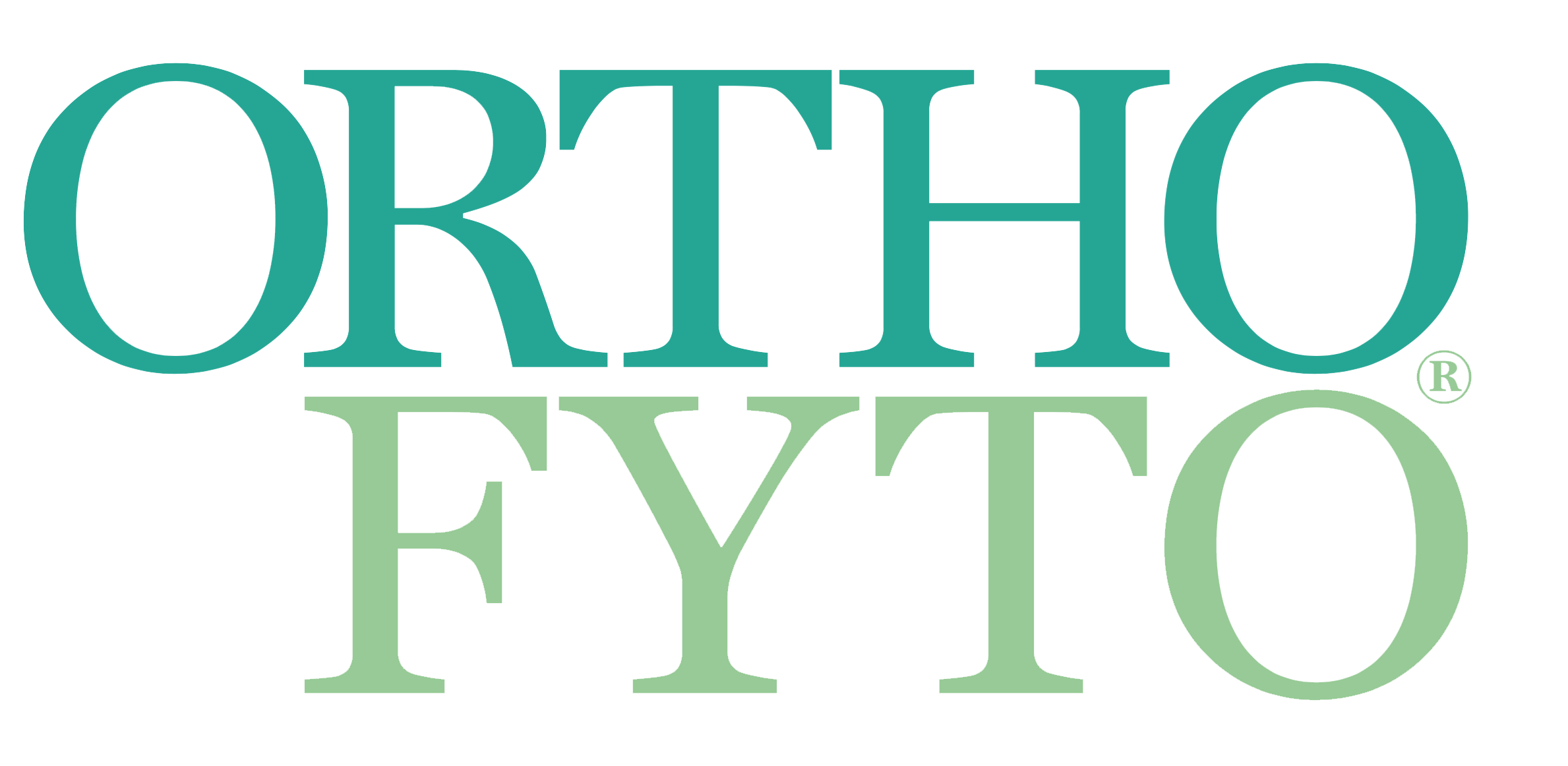De darm-breinconnectie bij depressie en angst
02 Dec, 2024
Door Femke van Doesburg
Verschillende neurotransmitters, zoals serotonine, dopamine en GABA, spelen een rol in de regulatie van gemoedstoestand en emoties en in mentale aandoeningen, zoals depressie en angst. Deze neurotransmitters worden niet alleen centraal, maar ook lokaal in de darm geproduceerd en hebben invloed op de mentale gezondheid. Direct, bijvoorbeeld via de darm-hersenas, maar ook indirect via immuunactivatie als gevolg van een verhoogd doorlaatbare darm (leaky gut).
In de darm worden verschillende neurotransmitters gesynthetiseerd, waaronder serotonine, gamma-aminoboterzuur (GABA) en dopamine. Deze neurotransmitters hebben centrale en perifere functies. Serotonine speelt op centraal niveau een rol bij de regulatie van stemming, slaap en angst en perifeer bij de modulatie van de darmperistaltiek. Dopamine is centraal betrokken bij het reguleren van stemming, beloning, motivatie en emotioneel gedrag en heeft perifeer net als serotonine een regulerende functie op de darmperistaltiek. GABA heeft voornamelijk centrale functies, waaronder de remming van angst en stress.
Maar liefst 90% van de totale serotonineproductie in het lichaam vindt plaats door enterochromaffiene (EC) cellen in de darmwand.1 Deze cellen nemen tryptofaan uit de voeding op, waarna tryptofaan met behulp van het enzym tryptofaanhydroxylase-1 (TPH1) wordt omgezet in 5-hydroxytryptofaan (5-HTP). Een tweede enzym (aromatische L-aminozuurdecarboxylase (AAAD)) zet 5-HTP om in serotonine (5-hydroxytryptamine, 5-HT). Serotonine wordt door EC-cellen vrijgegeven als reactie op de detectie van factoren, zoals voedingsstoffen, darmbacteriën en metabolieten. Darmbacteriën spelen een ondersteunende rol bij het metabolisme van tryptofaan. Onderzoek heeft aangetoond dat sporenvormende darmbacteriën, zoals Clostridiasoorten, de serotoninesynthese kunnen stimuleren door direct EC-cellen te stimuleren en metabolieten zoals α-tocoferol, tyramine en PABA te produceren, die op hun beurt de EC-cellen activeren.2
Lees het gehele artikel vanaf pagina 48 in OrthoFyto 6/24.
Wilt u het gehele artikel als PDF bestand ontvangen? Bestel het dan hier voor € 3,50.
Bronvermelding:
1. Jones LA, Sun EW, Martin AM, Keating DJ. The ever-changing roles of serotonin. Int J Biochem Cell Biol. 2020 Aug;125:105776.
2. Yano JM, Yu K, Donaldson GP, Shastri GG, Ann P, Ma L, Nagler CR, Ismagilov RF, Mazmanian SK, Hsiao EY. Indigenous bacteria from the gut microbiota regulate host serotonin biosynthesis. Cell. 2015 Apr 9;161(2):264-76.
3. Chen Y, Xu J, Chen Y. Regulation of Neurotransmitters by the Gut Microbiota and Effects on Cognition in Neurological Disorders. Nutrients. 2021 Jun 19;13(6):2099.
4. Miri Saba, Yeo JuDong, Abubaker Sarah, Hammami Riadh. Neuromicrobiology, an emerging neurometabolic facet of the gut microbiome? Frontiers in Microbiology 14 2023.
5. Valles-Colomer, M., Falony, G., Darzi, Y. et al. The neuroactive potential of the human gut microbiota in quality of life and depression. 2019. Nat Microbiol 4, 623–632.
6. Correia AS, Cardoso A, Vale N. Highlighting Immune System and Stress in Major Depressive Disorder, Parkinson's, and Alzheimer's Diseases, with a Connection with Serotonin. Int J Mol Sci. 2021 Aug 7;22(16):8525.
7. Kiecolt-Glaser JK, Wilson SJ & Madison AA. Marital distress, depression, and a leaky gut: Translocation of bacterial endotoxin as a pathway to inflammation. 2021. Psychoneuroendocrinology, 123, 105023
8. Margolis KG, Cryan JF & Mayer EA. The microbiota-gut-brain axis: From motility to mood. 2021. Nature Reviews Gastroenterology & Hepatology, 18(7), 469-484.
9. Kumar A, Pramanik J, Goyal N, Chauhan D, Sivamaruthi BS, Prajapati BG, Chaiyasut C. Gut Microbiota in Anxiety and Depression: Unveiling the Relationships and Management Options. Pharmaceuticals (Basel). 2023 Apr 9;16(4):565.
10. Merkouris E, Mavroudi T, Miliotas D, Tsiptsios D, Serdari A, et al. Probiotics’ Effects in the Treatment of Anxiety and Depression: A Comprehensive Review of 2014–2023 Clinical Trials. Microorganisms 2024, 12, 411.
